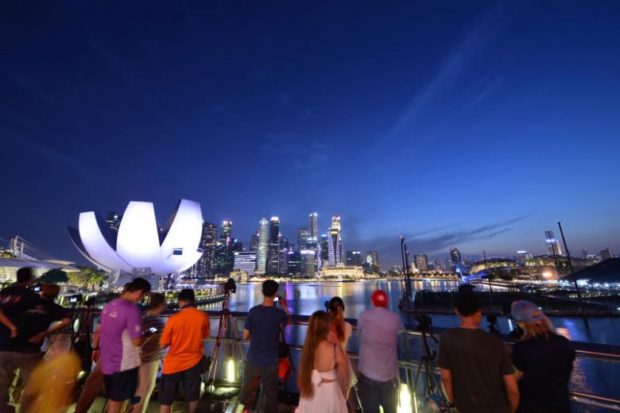SINGAPORE — Singapore has retained its position as the world’s second-safest city, after Tokyo, on the latest edition of the Economist Intelligence Unit’s (EIU) Safe Cities Index (SCI).
The SCI, which ranks 60 countries across five continents, looks at more than 50 qualitative and quantitative indicators spread across four categories in terms of security: digital, infrastructure, health and personal.
A total of 10 new indicators were added this year, including on the existence and speed of emergency services, the existence of a disaster plan and the ability to defend infrastructure against cyber attacks.
The EIU said the ability of cities to bounce back from shocks or disasters defined their “resilience”, which is increasingly a key component of urban safety.
This is the third time in three editions of the SCI – the centrepiece of a research project sponsored by NEC Corporation – that Singapore has come in at second place overall. The last two reports were published in 2015 and 2017.
The Republic did especially well in infrastructure and personal security, coming tops in both categories.
Singapore also ranked high in terms of digital security, coming in at second place. In terms of health security, it moved up the ranks from 13th in 2017 to eighth this year.
Ms Naka Kondo, senior editor of the EIU and editor of the SCI 2019 report, said: “The research highlights how different types of safety are thoroughly intertwined – that it is rare to find a city with very good results in one safety pillar and lagging in others.”
Six cities in the Asia Pacific moved into the top 10 in the index this year. Besides Tokyo, Singapore, and Osaka (third), they were Sydney (fifth), Seoul (eighth) and Melbourne (10th). Rounding out the list were Amsterdam (fourth), Toronto (sixth), Washington DC (seventh) and Copenhagen (which tied with Seoul for eighth).
Hong Kong dropped out of the top 10 and was placed at No. 20, although this had nothing to do with the ongoing protests in the territory, as the data used for the SCI was collated before they began.
Should the protests continue, they could impact the city’s ranking in future. A spokesman from EIU told The Straits Times: “If there are sustained attacks on infrastructure, an ongoing increase in political instability, civil unrest or if relations between the police force and the community cannot be repaired, then it is likely that Hong Kong’s score would fall.”
